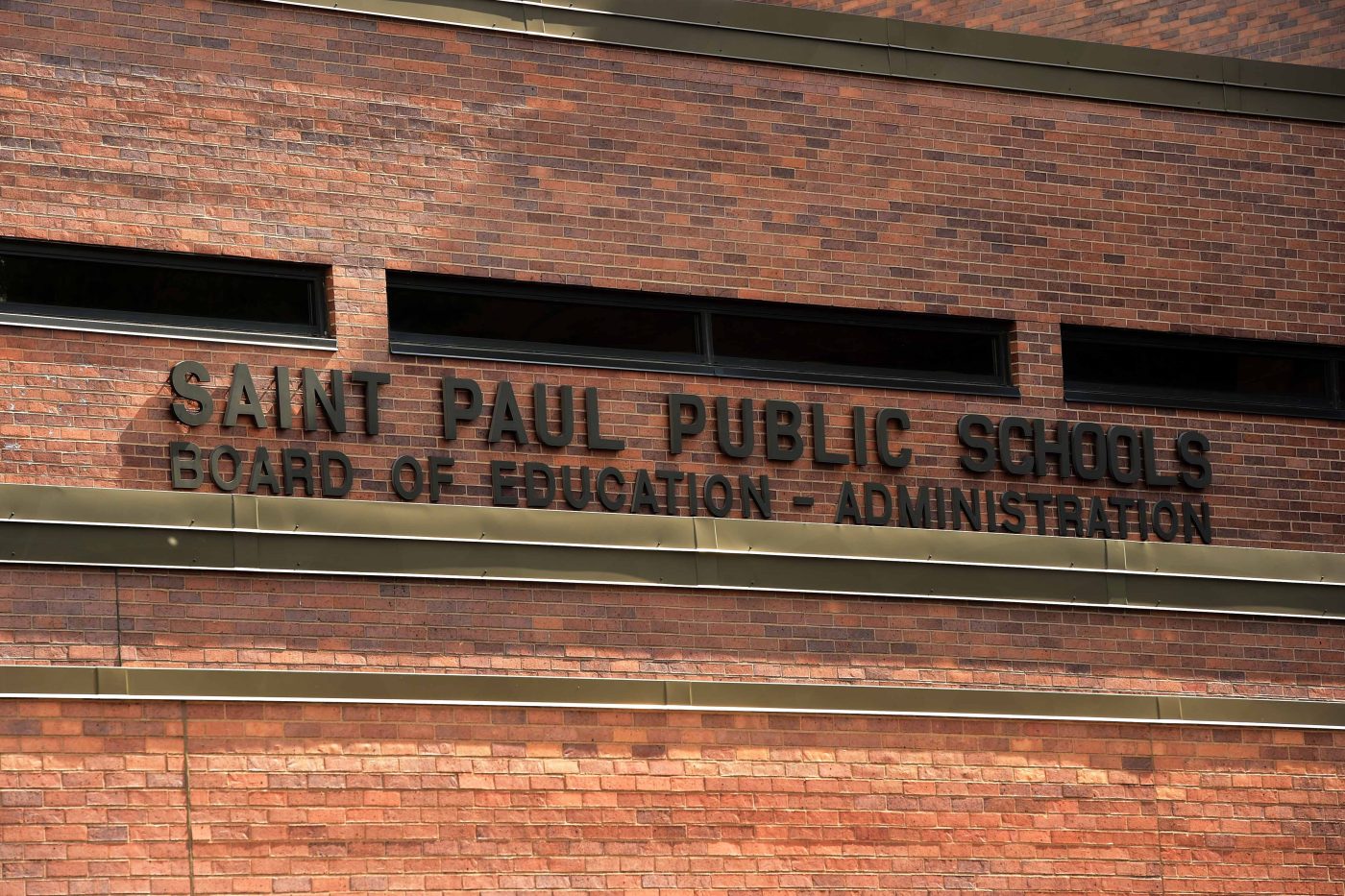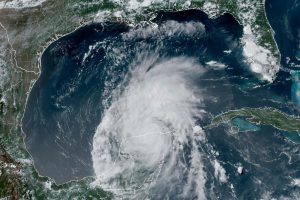
St. Paul Public Schools is late on its audit. How did that happen and how could that affect the district?
St. Paul Public Schools is several months late to submit an independent audit of its 2023 finances to the state of Minnesota, and the review likely won’t be done till September.
The late audit — the second time in two years — could hurt the district’s bond rating, increasing the cost of future borrowing. And, while it hasn’t happened before, the missed deadline could also put state funding in jeopardy.
Such pressures would mean more financial trouble for a district that already had to cut $114 million from its budget this year and anticipates more spending cuts down the road; so far, however, the late audit hasn’t brought any serious consequences.
The district also missed a March 30 deadline for a federal audit, which could affect how the U.S. Department of Education decides to award grants in the future.
The district had never missed a state audit deadline before doing so last year, according to the state education department.
District officials blame staff turnover, a switch to a new accounting firm and the complex nature of the district’s finances — though larger and similarly sized districts have completed their audits.
Meanwhile, state officials say more broadly that a shortage of accountants has caused headaches for many local governments who need their books checked.
The Minnesota Department of Education requires school districts and charter schools to get independent audits to demonstrate financial accountability and improve decision-making for other government agencies. Audits for the previous fiscal year, which ends June 30, are due by Dec. 31.
MDE hasn’t withheld state aid for late audits before and doesn’t plan to take any action with the St. Paul district, according to department spokesman Kevin Burns.
In other states, however, education departments have taken action. In June, the Wisconsin Department of Public Instruction withheld money from Milwaukee Public Schools for failing to produce an audit that was due in September 2023. District officials there cited staffing trouble but said little else about why the audit was late, the Milwaukee Journal Sentinel reported.
Julie Blaha, State Auditor. (Courtesy of Julie Blaha)
Minnesota State Auditor Julie Blaha said it would take about nine months without an audit before a district is considered a risk under standard accounting practices.
Blaha, whose office oversees $60 billion in local government spending, said a district failing to meet a deadline doesn’t point to any sort of wrongdoing.
“A late audit, in and of itself, is not proof of a problem,” she said. “It is evidence of a risk.”
Transparency concerns
After a long history of timely reporting, the district last year submitted its 2022 audit in March, three months late.
The 2023 audit was supposed to have been presented at the school board’s July 16 meeting, but it was pushed back to as late as September, according to the district’s budget chief Tom Sager, who was hired in September 2022 as then-Superintendent Joe Gothard removed longtime budget chief Marie Schrul.
Then-St. Paul Schools Superintendent Joe Gothard accepts the national superintendent of the year award from the American Association of School Administrators at the group’s annual conference in San Diego, Calif., on Feb. 15, 2024, (Courtesy AASA, The School Superintendents Association)
Among parents and other observers, the late audits raised concerns about transparency and fiscal responsibility as the school board last month adopted a billion-dollar budget for the second year in a row.
Arleen Schilling, who worked in the school district finance office for three decades before retiring as controller in 2022, said a lack of final numbers more than a year after the 2023 fiscal year ended leaves taxpayers in the dark.
“The public has no way of seeing how the money’s been spent at this point in time, because there is no information out there available,” she said. “There are no audited financial statements.”
It’s a departure from how the district operated in the past, said Schilling, who noted the district would routinely earn recognition from the Department of Education for its timely and accurate reporting.
Sager said he doesn’t expect the audit will make any major changes to the overall budget picture. The district submitted preliminary numbers to the state late last year, though they included a note stating they were subject to change pending an audit. He did, however, acknowledge the district wasn’t following state law.
“Anytime a school district or municipality steps out of line with what’s required, that’s just not healthy and good, morally, ethically or legally,” he said. “It’s not anything we would want to continue on with.”
The district, by law, also had to pass a budget by June 30, with or without a completed audit, Sager said.
Community and school board members also expressed transparency concerns with that budget, which didn’t provide specific details on how spending cuts would affect school programs.
While Sager doesn’t expect the audit to dramatically change the school district’s budget picture, Schilling pointed out that a change of just a few million dollars could put the district below its threshold for rainy-day funds.
The district had to dip into its reserves this year in order to balance a billion-dollar budget without more cuts, leaving around $35 million — just above the 5% reserve threshold set by the school board.
School districts keep cash in reserve in the event of funding interruptions or unforeseen expenses. The current reserve would cover about 18 days of district expenses, according to district budget documents.
What’s to blame?
Parents wave to their kids as a school bus drives off to Chelsea Heights Elementary on the first day of school in St. Paul on Tuesday, Sept. 3, 2019. (John Autey / Pioneer Press)
St. Paul is one of four school districts in Minnesota that had an unfinished audit as of late June, according to the state education department. The others were Hopkins, Robbinsdale and Butterfield, plus 10 charter schools across the state.
So, why the trouble? Sager pointed to staff turnover and the hiring of a new audit firm two years ago.
The district used to work with Baker Tilly. Sager said the district is still figuring out its workflow with the new firm, CliftonLarsonAllen, though he said he’s very pleased with their work so far.
Despite the late audit last year and this year’s ongoing delay, Sager said he expects audits to go more smoothly in the future as staffing stabilizes and the district continues to work with its new accounting firm.
Schilling agreed that turnover likely has been the biggest contributor to the accounting delays.
“St. Paul is a much bigger district than any other district, so in order to understand the finance of it, you need people with experience,” she said.
Related Articles
St. Paul school board OKs billion-dollar budget as transparency questions remain
St. Paul school board votes Tuesday on $1 billion budget
Top high school graduates for 2024
$1 billion budget proposed to St. Paul school board
As St. Paul district develops a budget, music and interpreters face cuts


